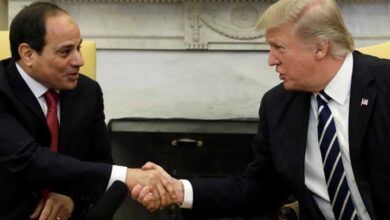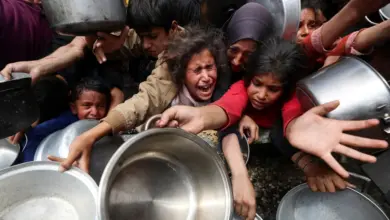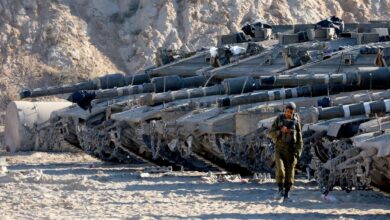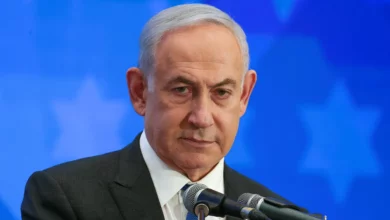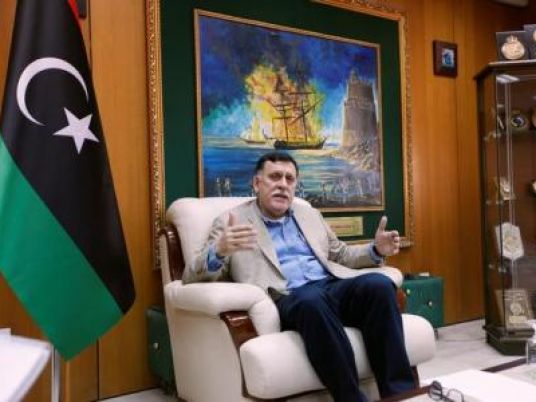
The United Arab Emirates on Wednesday said talks between two rival Libyan leaders led to a "significant breakthrough" in efforts to end years of chaos that have gripped the North African nation since its 2011 uprising.
A Foreign Ministry statement marked the first official word on the talks the day before between Field Marshal Khalifa Hafter and Prime Minister Fayez Serraj, who had refused to meet for months.
The statement offered no specifics. Libya TV said Tuesday the two agreed on holding presidential and parliamentary elections next year, but it's unclear how such a vote would be carried out in the fractured country.
On Tuesday, Libya's armed forces posted a Facebook photo of Hafter, a powerful general who lived for years in the U.S., and Fayez, the prime minister of the United Nations-backed government in Tripoli. While the two were known to be traveling to the UAE's oil-rich capital of Abu Dhabi, their face-to-face meeting came as a surprise.
The UAE Foreign Ministry described the meeting "as an important step on the road to reaching a tangible progress in the political process in Libya."
"The UAE believes that any solution that brings stability to Libya, should come from, and be supported by the Libyans, and should be purely based on Libyan-Libyan dialogue," the ministry said. "The international community has a responsibility to avoid more divisions and to encourage more cooperation among the Libyans."
That passage appeared to be a subtle dig at Qatar and Turkey, which had supported Islamists in the country. The United Arab Emirates, along with Egypt, have backed Hafter, who Russia also has sought to cultivate. The UAE's military is suspected of carrying out airstrikes in Libya supporting Hafter and operating out of a base in the country's east, near the border with Egypt.
Egyptian President Abdel-Fattah al-Sisi, a close ally of Hafter, is scheduled to visit the UAE on a trip beginning Wednesday. It's unclear if talks on Libya will continue during his visit and if he'll be involved.
Libya descended into chaos following the 2011 uprising that toppled and killed dictator Moammar Gadhafi. The oil-producing nation now is split between rival governments and warring militias. The turmoil has transformed Libya into a major conduit for migrants crossing the Mediterranean Sea to Europe, and has allowed the Islamic State group and other extremists to establish a presence there.
The agreement out of the meeting strongly favors Hafter, whose ambition to become president is clear, said Mattia Toaldo, a senior policy fellow at the European Council on Foreign Relations. But he stressed that there are many rival factions in Libya still not represented by any of its splintered governments.
"It sounds pretty delusional to be able to hold elections anytime soon," Toaldo said. "The complete risk is that you have messy elections in a messy country with low turnout, and therefore, low legitimacy for anyone winning them."

